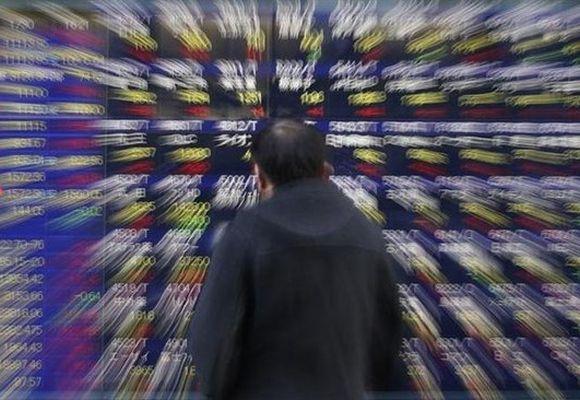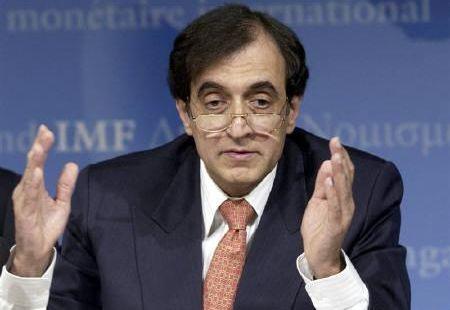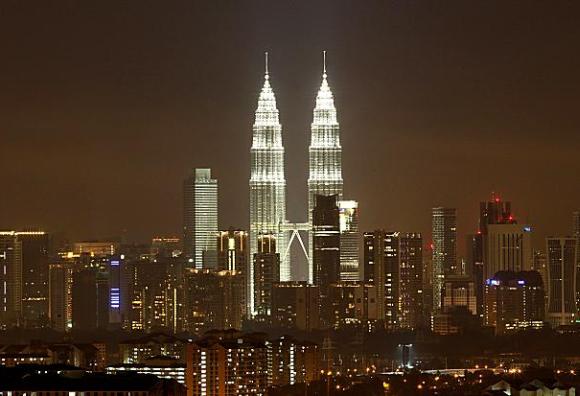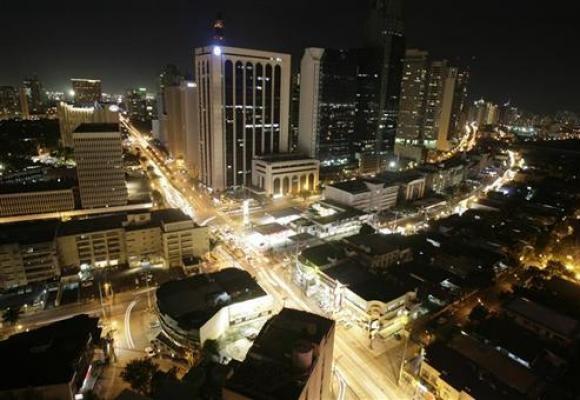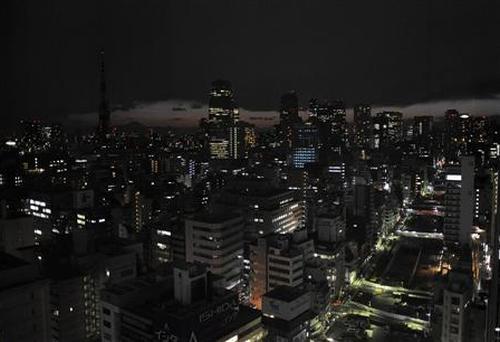 | « Back to article | Print this article |
IMF warns of asset bubbles, middle-income trap in Asia
Asia needs to guard against asset bubbles and its emerging economies must improve government institutions and liberalise rigid labour and product markets if they wish to reach the level of developed countries, the International Monetary Fund said on Monday.
"Emerging Asia is potentially susceptible to the 'middle-income trap,' a phenomenon whereby economies risk stagnation at middle-income levels and fail to graduate into the ranks of advanced economies," the IMF said in its latest Regional Economic Outlook for Asia and the Pacific.
"MIEs (middle-income economies) in Asia are less exposed to the risk of a sustained growth slowdown than MIEs in other regions. However, their relative performance is weaker on institutions," the international funding agency said.
Click NEXT to read more...
IMF warns of asset bubbles, middle-income trap in Asia
IMF's warning about the emerging risks faced by Asian countries come at time when the region looks set to lead a global economic recovery as risks from a meltdown in Europe recede.
"While the external risk of severe economic fallout from an acute euro area crisis has diminished, regional risks are coming into clearer focus. These include some ongoing build-up of financial imbalances and rising asset prices," the IMF said.
IMF was monitoring credit ratios and output levels in Asia closely as conditions can worsen very quickly, the fund's director for Asia and Pacific region, Anoop Singh, told reporters at a briefing in Singapore.
Click NEXT to read more...
IMF warns of asset bubbles, middle-income trap in Asia
He said regional authorities needed to respond early and decisively to potential overheating.
IMF, which recently cut its 2013 and 2014 growth forecasts for Greater China, India, South Korea and Singapore but raised its outlook for Malaysia and the Philippines, nevertheless sounded generally positive about near-term prospects.
"Growth in Asia is likely pick up gradually in the course of 2013, to about 5.75 percent, on strengthening external demand and continued robust domestic demand," it said.
Economic Institutions, Japan
The IMF said India, the Philippines, China and Indonesia needed to improve their economic institutions while India, the Philippines and Thailand were also exposed to a larger risk of growth slowdown stemming from sub-par infrastructure.
Click NEXT to read more...
IMF warns of asset bubbles, middle-income trap in Asia
Malaysia and China were the highest-ranked developing Asian countries in an IMF chart measuring institutional strength while Indonesia, India and the Philippines were at the bottom.
IMF defined institutional strength as demonstrating higher political stability, better bureaucratic capability, fewer conflicts and less corruption.
For many developing Asian economies, there remains ample room for easing stringent regulations in product and, in some cases, labour markets, the fund added.
The IMF also said various statistical approaches indicate that trend growth rates have slowed in both China and India.
Click NEXT to read more...
IMF warns of asset bubbles, middle-income trap in Asia
For China, trend growth appears to have peaked at around 11 percent in 2006-07, while India's trend growth is now around 6-7 percent compared with about 8 percent prior to the financial crisis.
"By contrast, trend growth for most ASEAN countries seems to have remained stable or to have increased somewhat, with the notable exception of Vietnam," the fund said.
ASEAN is the acronym for the 10-member Association of Southeast Asian Nations whose members include Indonesia, Thailand, Malaysia, the Philippines, Vietnam and Myanmar.
Click NEXT to read more...
IMF warns of asset bubbles, middle-income trap in Asia
Turning to Japan, Singh said the IMF "welcomed" Japanese efforts to stimulate its economy, and said quantitative easing was just part of a package of measures that included cutting debt and embarking of structural reforms such as increasing female participation in the workforce.
"In Japan, we have welcomed the measures taken. It's because they are focused on addressing the deflation that has affected Japan for the last 10-15 years."
"As Japan moves back to sustainable positive growth, it's going to help the region and the global economy and that is the most important," he said.

© Copyright 2024 Reuters Limited. All rights reserved. Republication or redistribution of Reuters content, including by framing or similar means, is expressly prohibited without the prior written consent of Reuters. Reuters shall not be liable for any errors or delays in the content, or for any actions taken in reliance thereon.
